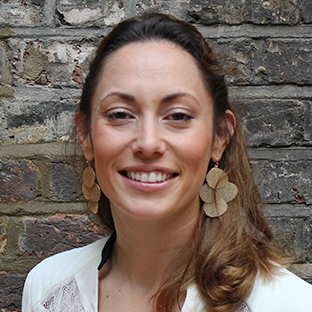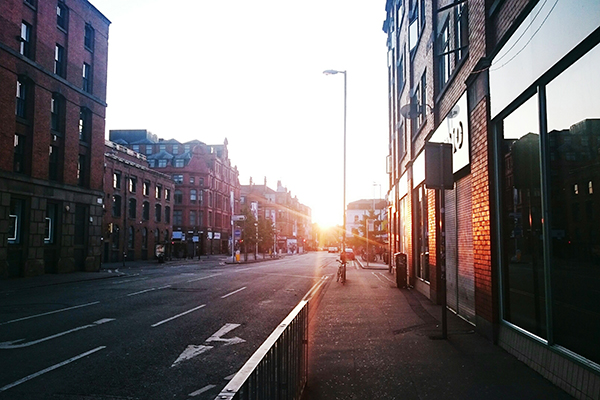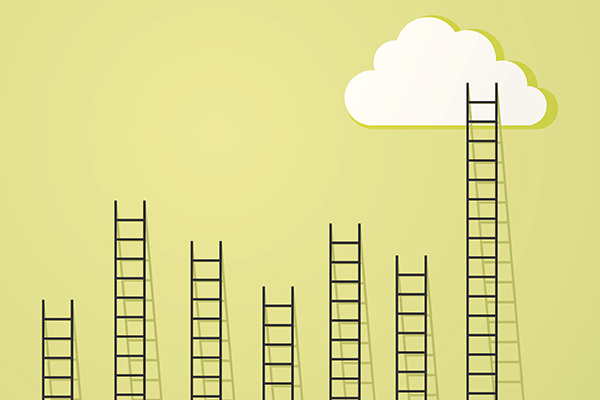What are growing trends we should be pushing on International Women's Day, and beyond?
This morning my husband accused me of being sexist. Again. It’s a regular occurrence in our conversations because I often advocate pushing the female agenda, as a way of addressing the world’s problems, and he sees no need for a ‘girl power’ approach (I should mention he’s French).
Whether I am sexist or not, the debate is all the more poignant to today, on the 8th International Women’s Day. The treatment, perception, freedom and role of women is a constantly growing international debate with greater measurement and global comparison of progress towards gender equality, and a more proactive understanding of how ‘feminine values’ can shape solutions to complex, global challenges.
While there has been significant progress, it isn’t fast or far enough – gender inequality is still an entrenched part of daily lives in almost all countries. The thought of having to wait another 81 years for equal pay is simply depressing, the fact that these 10 sexist laws exist today is embarrassing, and the estimated prevalence of violence against women, both sexual (35%) and physical (30%), shows that there is no time for a breather.
Some changes are afoot, however. The launch of the UN Women’s He for She campaign by Emma Watson last September has continued influence public and private debate on how men and boys can act as agents of change for the achievement of gender equality and women’s rights. The idea that by encouraging our boys and men to take action against often subconscious, as well as systemic, inequalities faced by women and girls, is being popularised - whether it’s about how women lean into their career, how men can challenge assumptions of female colleagues, or practical steps for change from both genders.
And here, I think, a deeper idea is starting to take root. Understanding how the values that work for women can shape society is gathering more interest, partly perhaps because there are more women in positions of power (more than 20 countries have women as heads of state and the number of women in parliament has nearly doubled in the past 20 years), and partly owing to a recognition by society (men and women) that progress means making some radical changes. If exerting dominance and having power over people doesn’t fit with the 21st Century, what about collaboration, empathy, stewardship and having power with others? If all major social, economic and ecological decisions were made based on these values, how different would the outcomes be? In a world of increasing fragmentation, where our individual freedoms are being heightened by technology and communication, whether we like it or not, we are going to have to be better fast at creating a place that is good for everyone. This is why initiatives such as Rising Women Rising World, which seeks to envision a world built upon a different set of values, are so interesting and vital. We have to envision the change in order to make it happen.
At the RSA we believe that people’s ability to turn their ideas into reality will unleash the type of creative thinking needed to achieve an equal, sustainable and just world. But this creativity is currently frozen – untapped. In a UK survey we discovered that people break down into five groups. Only two segments (making up 28% of the population) felt they were able to be ‘creative generators of change’. At 52%, over half were unwilling to take on such a role while the remaining 20% felt positively blocked from exercising the power to create despite a deep desire to do so. Blockages cited were money, motivation and self-confidence. In a wider survey which covers five advanced economies only one in four felt they were living up to their creative potential, with little difference between men and women. Our survey found that more women (56%) feel creatively stifled than men (44%). Proactively unleashing women’s creative potential takes courage and foresight to overcome institutional barriers. The RSA openly welcomed women from its inception – an exceptionally forward-thinking move in the 1750s. It is exactly this type of boldness that we need more of.
So what is my aspiration for the 8th International Women’s Day? That the values that work for women take centre stage on how we achieve equality, that we continue to find the courage to speak about difficult situations (if you need inspiration these ladies are a must see), and that by bringing men on board we unleash our inner creativity, and power for change, together. If this is being sexist then actually, that’s just fine.
Related articles
-
Bristol’s Colston statue was toppled because racist historical narratives have not been effectively challenged
Becca Antink
Whose history, whose voice, is centred and valued? And whose isn’t?
-
How can we get BAME workers to climb the leadership ladder?
Adarsh Ramchurn
A lack of opportunities, discriminations, and the absence of role models are keeping minority candidates out of leadership positions. Companies, and particularly charities, need to do more.
-
Should we ban billionaires from politics?
Asheem Singh
Howard Schultz is the latest billionaire to enter politics. How should we respond to the rise of super-rich candidates?




Join the discussion
Comments
Please login to post a comment or reply
Don't have an account? Click here to register.
Excellent piece with some great data and stats. I'm intrigued though by the origin of 2015 being International Women’s Day #8. Where does this come from? I remember marking it in the 1980s, and according to the UN it dates from 1911.